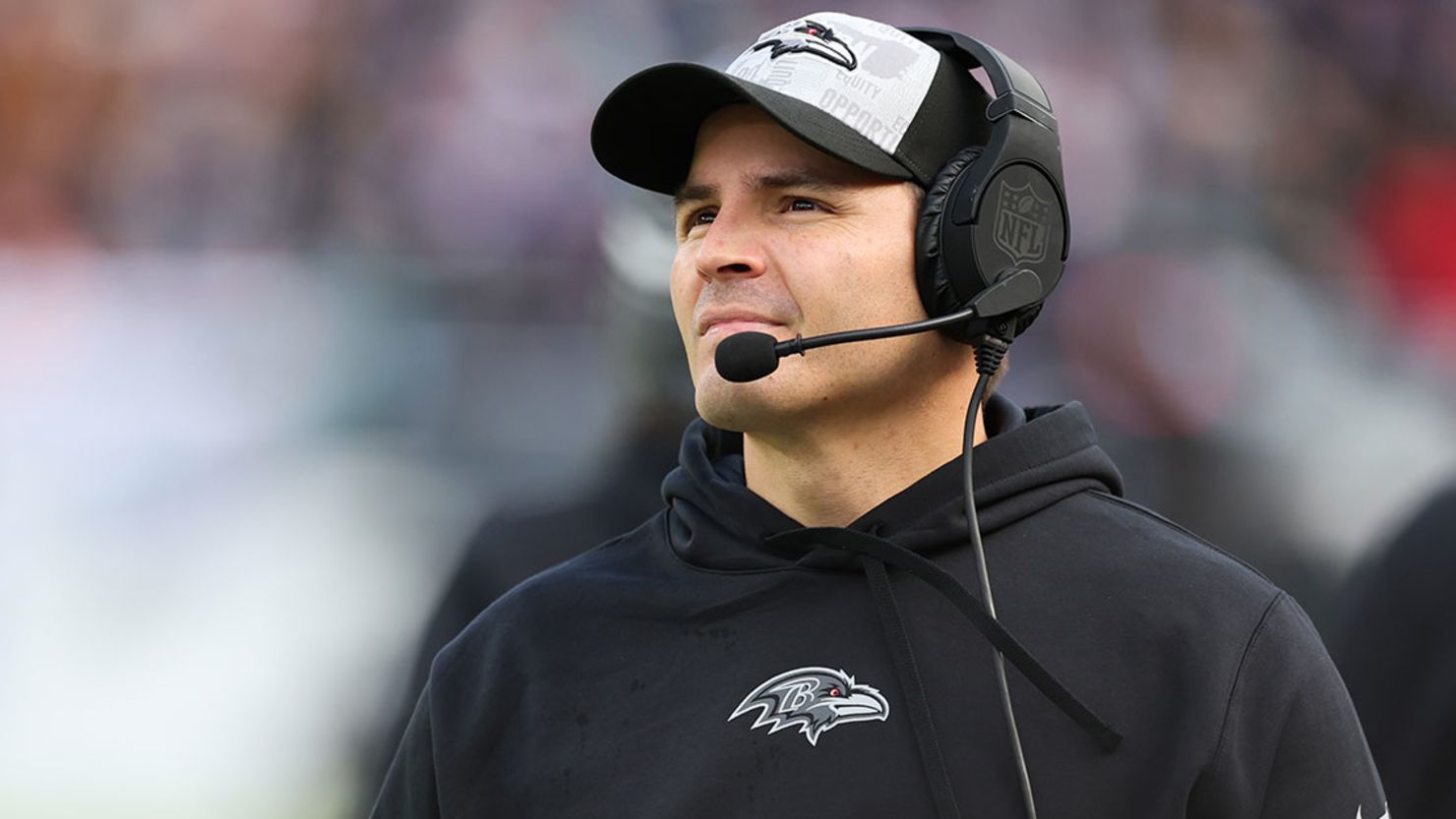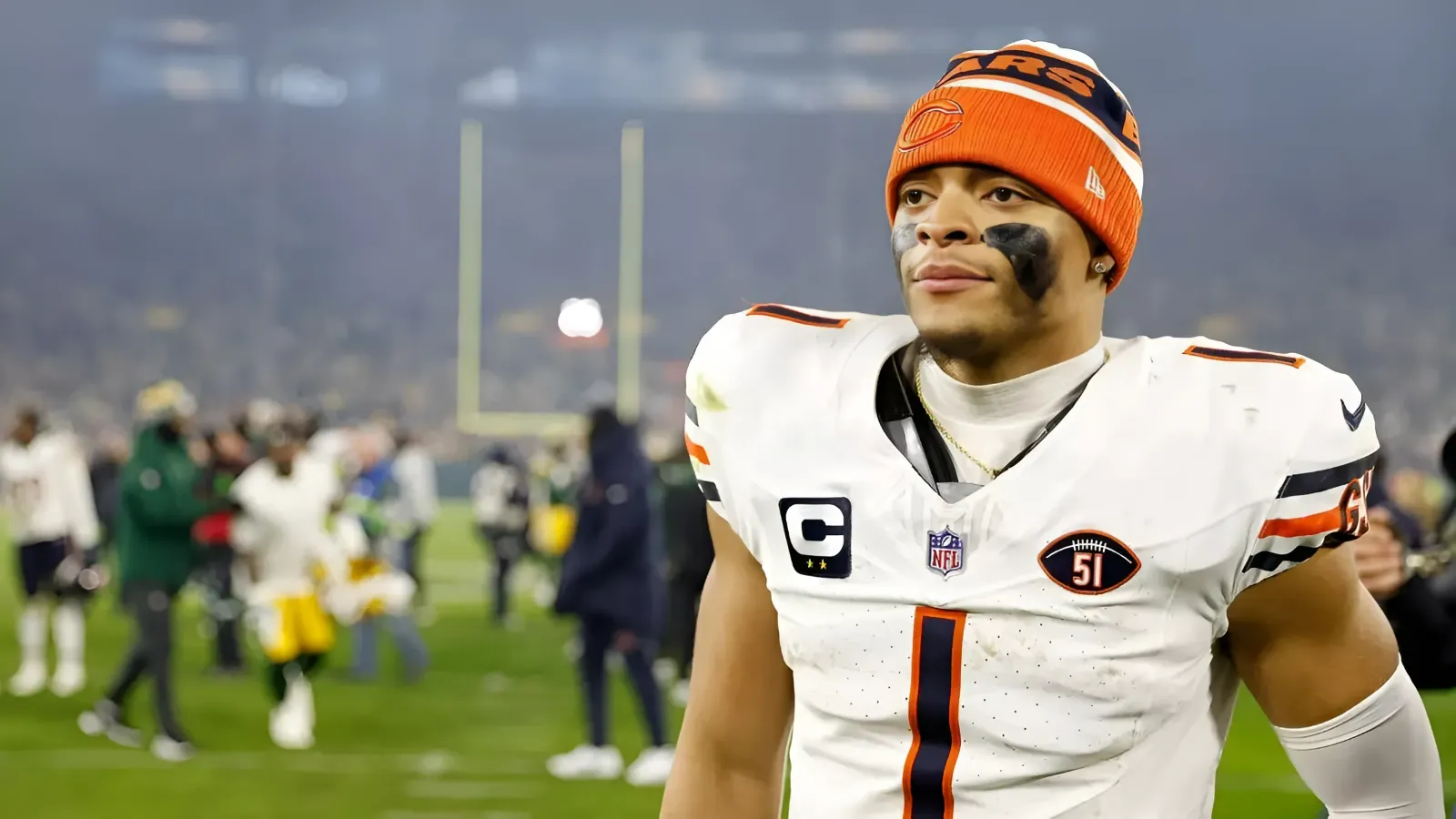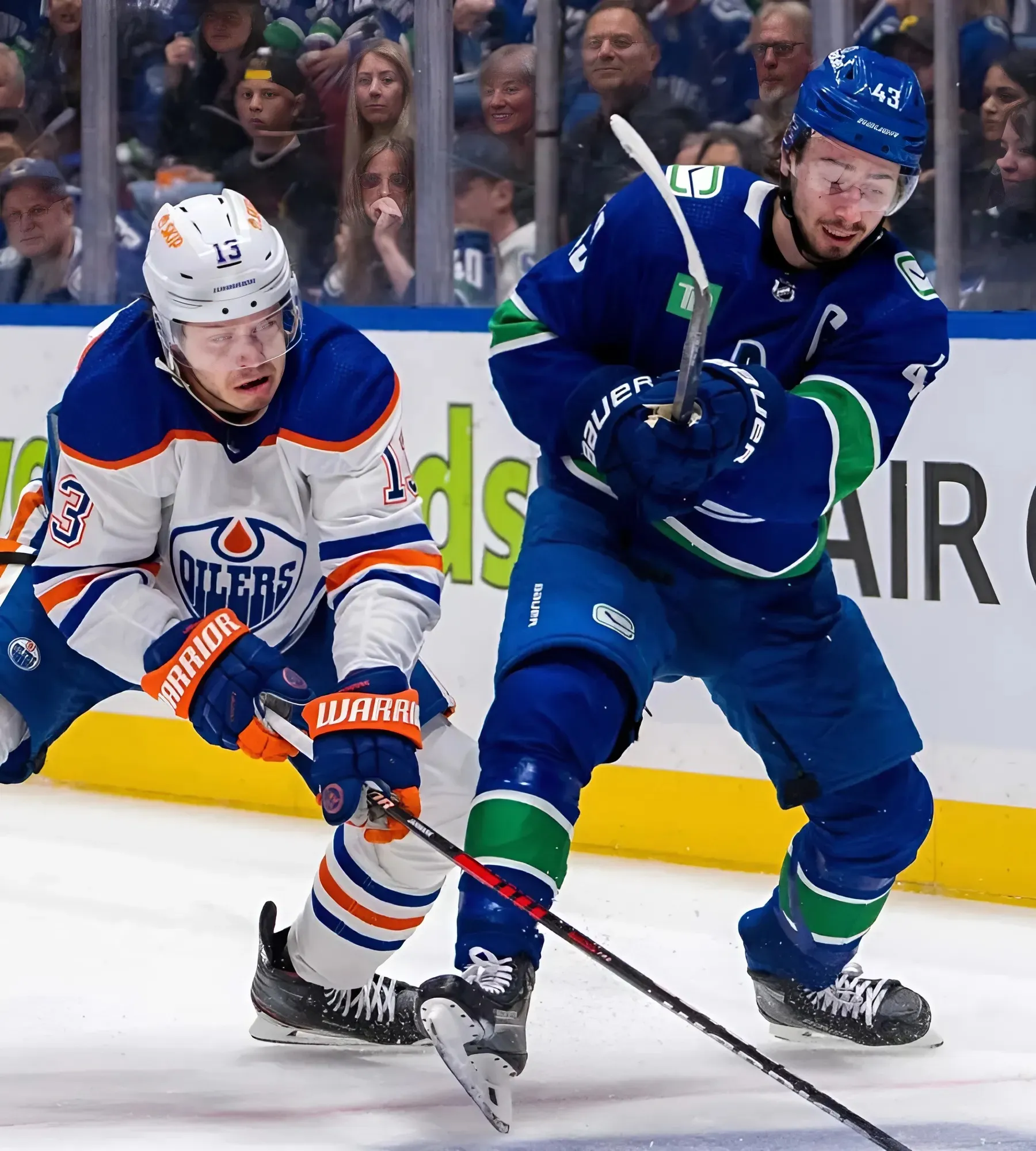Sean McVay, at 30 years old, was announced as the youngest coach in NFL history by the Los Angeles Rams back in 2017. One year later, he was coaching his new team in the Super Bowl. Four years after that, he won Super Bowl LVI, capturing a Lombardi Trophy.

After 14 seasons under Pete Carroll's direction that brought one Super Bowl victory to the franchise, the Seattle Seahawks are hoping Mike Macdonald — now the youngest coach in the NFL at 36 years old — can emulate the results of his new NFC West rival.
However, Macdonald, in an interview on the Adam Schefter Podcast, said he has hardly thought about his place in the league as the youngest head coach.
“Of course one day I dreamed that I’d have the opportunity to do this and be a head coach, and of course, that’s what you want to do,” Macdonald said. “But it’s funny, when these things happen, that’s the last thing you’re thinking about because the responsibility is so great to everyone that you’re working with and that you’re serving. So I haven’t really thought about it.”
Macdonald added there’s a level of mutual respect between him, the Seahawks organization, and his team that makes his age less of a factor. He has worked hard to develop those relationships gearing up for when the opportunity to lead his own team arrived.
“They’re not grading us based off of age, we’re grading everything the same,” Macdonald said. “It’s all wins and losses out there, and the scoreboard when 60 minutes hits. So they don’t really care that I’m the youngest guy anymore. Everyone’s gunning for us but we’re hunting them, too, so it’s all good.”
When asked about the other young coaches in the NFC West, Macdonald said they “are the standard of our division.”
49ers head coach Kyle Shanahan, 44, was once the youngest offensive coordinator in the NFL with the Houston Texans from 2008–09 and he was hired by San Francisco in 2017 when he was 37. Second-year Cardinals coach Jonathan Gannon is the ninth youngest in the league.
“A ton of respect for all those guys,” Macdonald remarked. “Just how they go about their business, the programs they run, how their teams play — I mean, it’ll be a great challenge for us, but [we’re] looking forward to it. You want to go against the best. I believe ours is the best division in football, and hopefully we come out on top.”
Speaking with Schefter, Macdonald also discussed the biggest adjustments he’s made since elevating from defensive coordinator to head coach, stating the hardest part is planning long-term while also being entrenched in the day-to-day operations.
As a defensive coordinator, much of his work was reactionary — responding to the needs of the head coach during his stops at Michigan and then with the Ravens working for the Harbaugh brothers. Now, Macdonald is the one setting the current and future plans.
“There is a different time frame of your mentality,” Macdonald said. “So much of the work you’re doing is a couple months, six months in advance thinking about camp and big picture … and then the next event horizon is thinking about what’s kind of the next thing around the corner, maybe a month out. And then, obviously, what’s happening right now.”
But despite all the adjustments, Macdonald said he is leaning on his coaching staff and front office, particularly general manager John Schneider, as he acclimates to his new position with the goal of finding immediate success in the Pacific Northwest.
“There’s a lot of things you’re trying to figure out as you go. We don’t have all the answers right now, but we’ve got so many cool people here that we lean on and bounce ideas off of one another, so it’s been a really fun process.”



